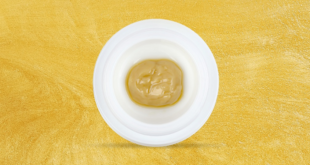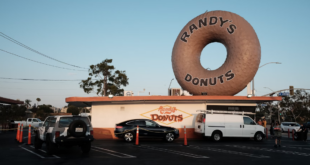
An attorney from the Arizona law firm Rowley Chapman & Barney, Ltd., shares insight into Arizona’s marijuana DUI laws and affirmative defense. Attorney Brian Strong wrote an article on the law firm’s website describing his experience with defending Arizonans from marijuana DUI charges.
The article states:
“As an experienced Arizona DUI defense attorney, I have defended numerous individuals who have been charged with violating the DUI statutes because marijuana or an active metabolite was found in their blood. While the Arizona Medical Marijuana Act (the “AMMA”) does offer an affirmative defense to DUI-marijuana, this particular affirmative defense is relatively new in the law. Consequently, we are just beginning to learn how a jury might apply, or misapply, some key concepts.
Not surprisingly, most AMMA patients who speak with me seem dismayed that they can even be charged with DUI as the result of medical marijuana use. After all, doesn’t a medical marijuana card provide absolute immunity from a DUI prosecution? Sadly, in Arizona, the answer is no. Medical marijuana patients only get an affirmative defense.
In the criminal realm, an affirmative defense is a matter of avoiding legal consequences – not proving innocence. An affirmative defense does not disprove any of the essential elements of the State’s case. Rather, an affirmative defense introduces new facts that allow the defendant to commit an otherwise unlawful act but suffer no punishment. Insanity and statutes of limitation are two of the most common affirmative defenses.
In November of 2015, the Supreme Court of Arizona emphasized that while the AMMA “broadly immunizes registered qualifying patients for their medical use of marijuana, that grant of immunity is not absolute.” Dobson v. McClennen, 238 Ariz. 389, 361 P.3d 374, 376 (2015). What the AMMA does provide is that “a registered qualifying patient shall not be considered to be under the influence of marijuana solely because of the presence of metabolites or components of marijuana that appear in insufficient concentration to cause impairment.” A.R.S. § 36–2802(D) (emphasis added).
As a result, under the AMMA affirmative defense, a driver must present evidence that: (1) the driver was a qualified patient under the AMMA; and (2) the driver was not impaired at the time of his or her arrest. The driver’s own testimony that he or she was not impaired is an obvious and essential component of any AMMA affirmative defense. In addition, an expert witness toxicologist should also be retained to educate the jury regarding impairment.
In a DUI-alcohol case, a blood alcohol level of .08 has decades of scientific research to support a presumption of impairment. The same, however, is not true in DUI-drug cases. Arizona’s appellate courts have repeatedly acknowledged that “unlike alcohol, there is no generally applicable concentration that can be identified as an indicator of impairment for illegal drugs.” 361 P.3d at 378 (citations omitted). Yet most lay jurors are probably unfamiliar with this scientific fact. The right expert witness can teach the jury the undisputed science that will lead to a correct verdict in a medical marijuana DUI. On the other hand, an improperly presented AMMA affirmative defense can have disastrous consequences for a qualified marijuana patient.”
 AZ Marijuana Arizona Marijuana Info
AZ Marijuana Arizona Marijuana Info






